Gentle Dentistry in Ettalong & Kincumber
Experience Comfort-Focused Care at All About Smiles.
At All About Smiles Ettalong and All About Smiles Kincumber, we understand that visiting the dentist can make some people feel nervous or anxious. That’s why we’ve made it our mission to provide gentle, compassionate dental care in a welcoming and relaxed environment — for patients of all ages.
Whether you’re here for a routine check-up or more complex treatment, you can expect a calm, reassuring approach tailored to your comfort.
Preventative Dentistry
1. Oral Hygiene
Poor oral hygiene can lead to significant health conditions within your mouth and the rest of your body. These health conditions include tooth decay, gum disease and infections — to name a few. Increasingly, research is showing a substantial link between poor oral hygiene and systemic health conditions such as cardiovascular disease, diabetes, increased risk of stroke and even dementia.
Here at All About Smiles Ettalong and All About Smiles Kincumber, our dentists and oral health therapist have a strong focus on maintaining a healthy mouth. We believe that each patient should be able to achieve optimal oral health by following a strict at-home care routine along with regular dental visits.
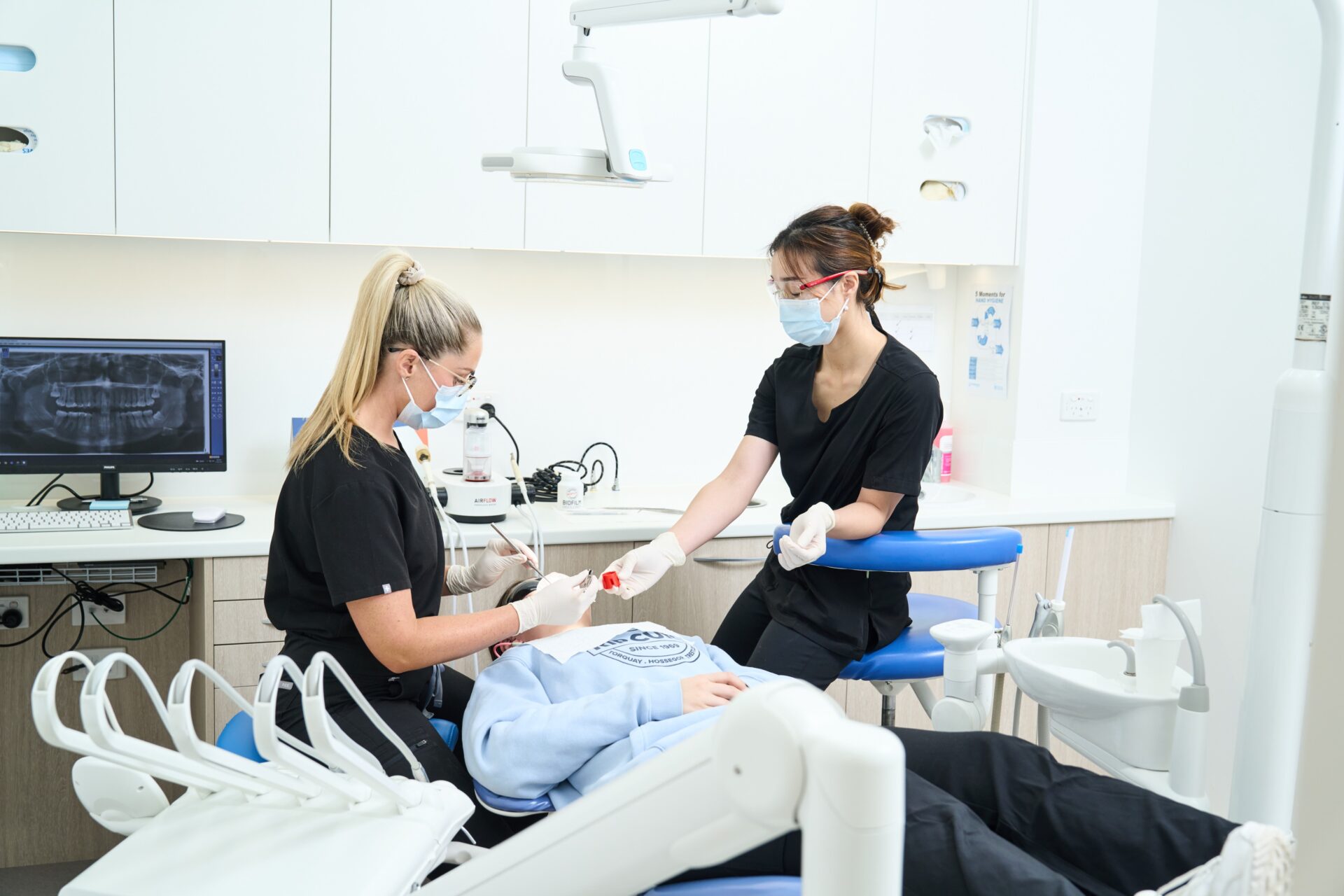
2. At Home Care
At-home care can be challenging and different for each individual. Many people don’t spend enough time properly looking after their teeth and gums when they are at home. Optimal at-home care includes three steps: brushing twice a day, flossing or using interdental cleaning aids twice a day and rinsing with an appropriate mouth rinse
Brushing twice a day
Our mouths are full of good and bad bacteria. A proper brushing technique removes the majority of this bacteria within the mouth. Brushing involves cleaning the surfaces of your teeth for at least two minutes, twice a day. The brushing should be performed in the morning and before you go to bed.
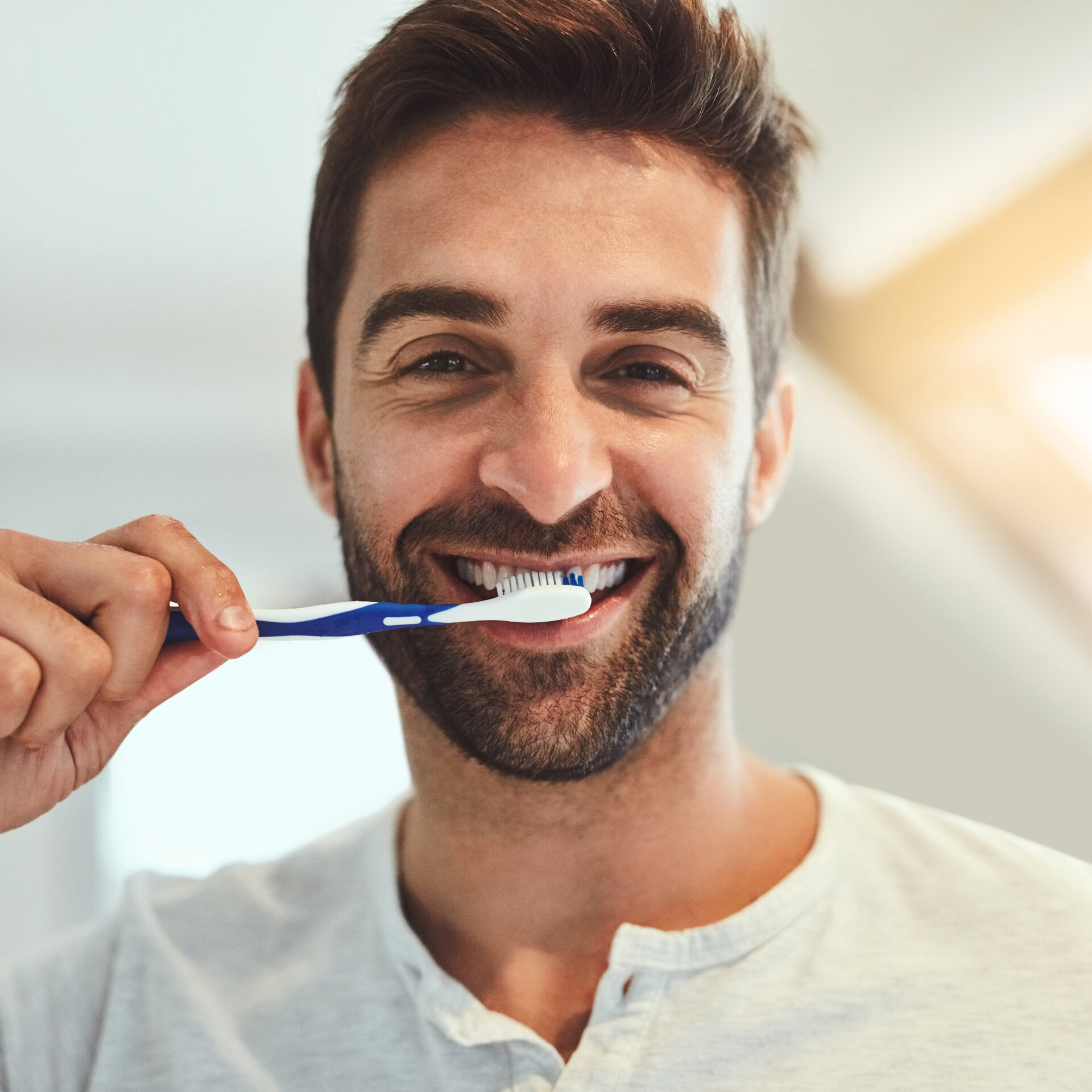
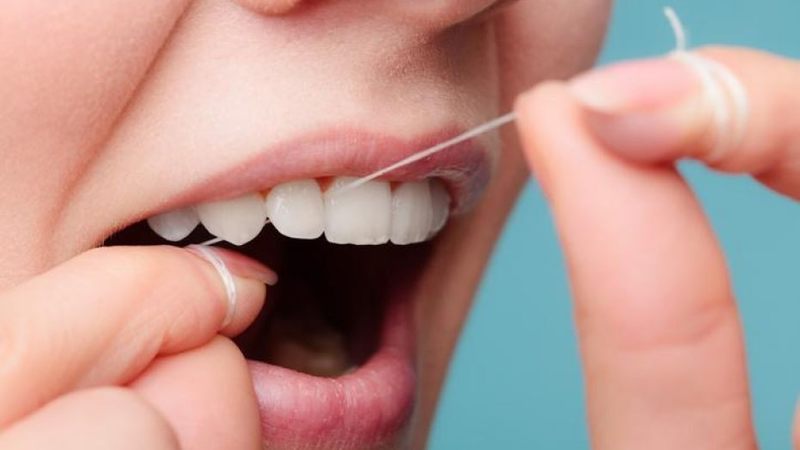
Flossing and Interdental Cleaning
Although proper brushing removes the vast majority of bacteria within the mouth, there are still areas where the bristles do not reach. These areas are in between the teeth. The most commonly used product to clean your teeth is floss. However, the majority of people who use floss use it incorrectly. The floss should be wrapped around each tooth in a C-shape.
Flossing is an effective way to clean your teeth, however, there are products available that are more effective in cleaning your teeth. These include Piksters© and WaterPiks©. If you’d like to know whether or not you’re suited to use one of these products, please ask your dental professional.
Mouth Rinse
Over the years, certain mouth rinses have received a bad reputation in regards to causing adverse health problems. However, a lot of this reputation was built upon poorly performed and documented trials. Mouth rinses that contain essential oils and/or alcohol have been shown to be an effective addition to your oral hygiene regime. The essential oils and alcohol help to fight bad bacteria and, in return, reduce your risk of gum disease and dental caries.
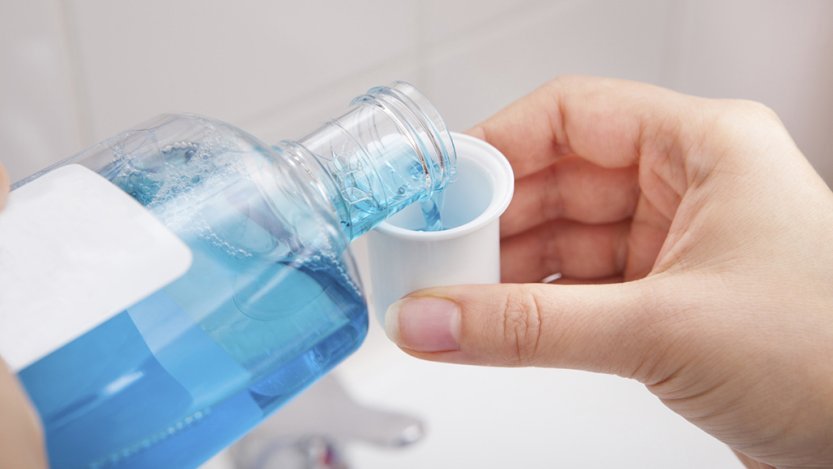
3. Regular Dental Visits
At-home care accounts for the majority of keeping your mouth healthy. However, it is vital that you see your dental professional at least twice a year for regular dental examinations. Your mouth can change rapidly due to a number of different factors.
If there is a change or an early cavity forming, your dental professional can address it early, in turn reducing the risk of further health complications and pain.
Generally speaking, the majority of the population builds up a hard tartar/calculus buildup within six months which requires a professional dental cleaning by either your hygienist or dentist.
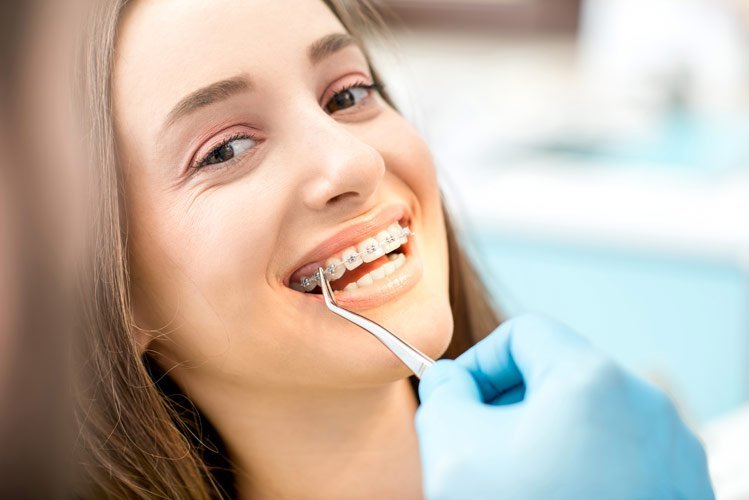
Dental X-Rays
Dental x-rays allow the dental professionals to complete a comprehensive examination and assessment of any possible problems which may go undetected to the naked eye. X-rays show areas of the mouth that aren’t possible to see normally, such as below the gum line and in between teeth. There are a number of different types of dental x-rays that can be taken and your professional will advise you on which ones are needed.
Detecting Problems
Many of these X-rays are used to detect dental problems such as caries, abscesses, defective fillings/margins, periodontal (gum disease, developing teeth, the presence/position of wisdom teeth, the assessment of dental pulp after a traumatic injury) and provide assessment during root canal treatment. Dental X-rays are extremely important in diagnosing and providing the correct and appropriate treatment for any of these above conditions.
How often should dental x-rays be taken?
You may hear your dental professional suggest having routine X-rays every two years. This is a general statement which should be tailored to each individual. Some individuals require routine X-rays of a far shorter time frame largely due to their caries risk. On the other hand, individuals that have a very low caries risk may not require the X-rays every two years.
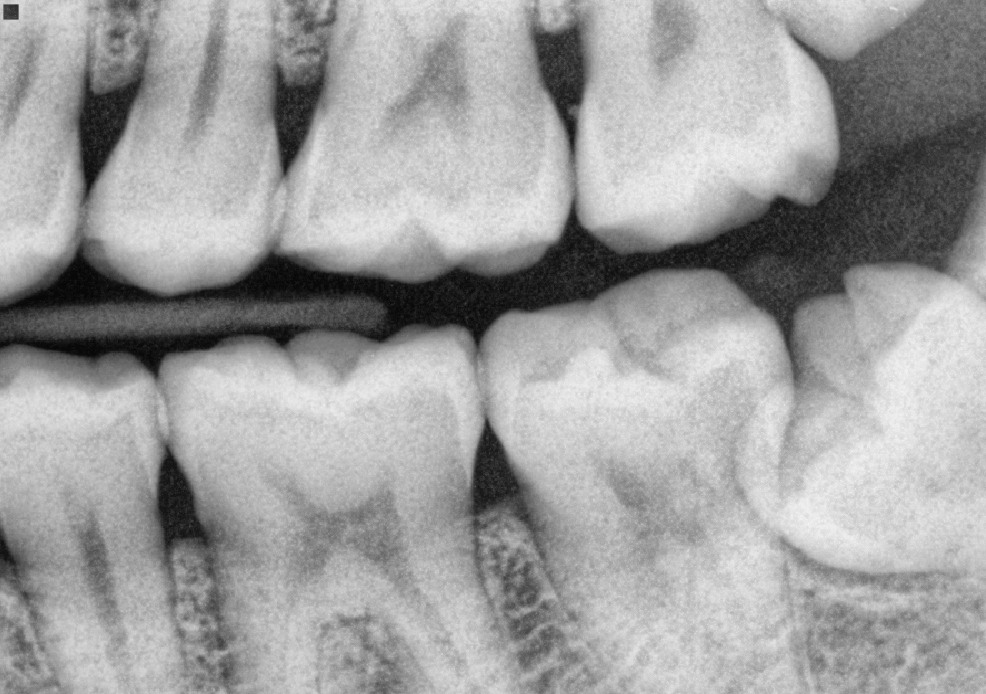
General Dentistry

All-On-4
What is All-On-4? All-On-4 is a revolutionary implant technique that uses just four strategically placed dental implants to support a full arch of replacement teeth. This approach offers a stable, fixed alternative to traditional dentures-without the need for individual implants for each missing tooth. Why Choose All-On-4? Fewer Implants: Just four implants per arch-minimising surgical…

Sleep Apnoea, Snoring & TMJ
What Is Sleep Apnoea & Snoring? Sleep apnoea (also spelled sleep apnea) is a common sleep disorder characterised by repeated airway blockages during sleep, often causing loud snoring, daytime tiredness, headaches, and poor concentration Left untreated, it increases the risk of high blood pressure, heart disease, diabetes, and mood disorders. Oral Appliance Therapy vs CPAP…
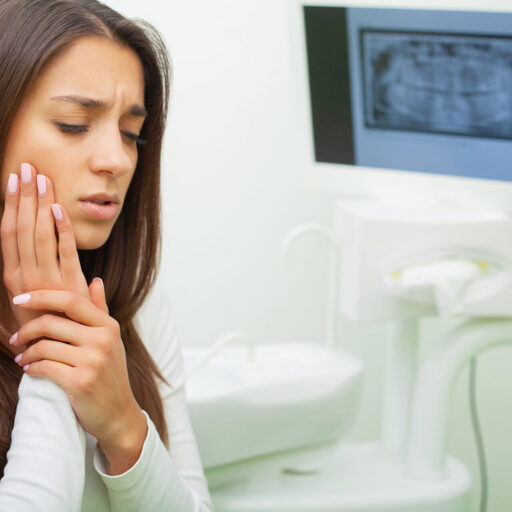
Wisdom Teeth
When Might You Need Wisdom Teeth Extracted? Wisdom teeth are the last teeth to grow in your jaw and will usually appear within the mouth between the ages of 17-25 years of age (however they are known to have the potential to appear many years later in life). Most people are not fortunate to have…
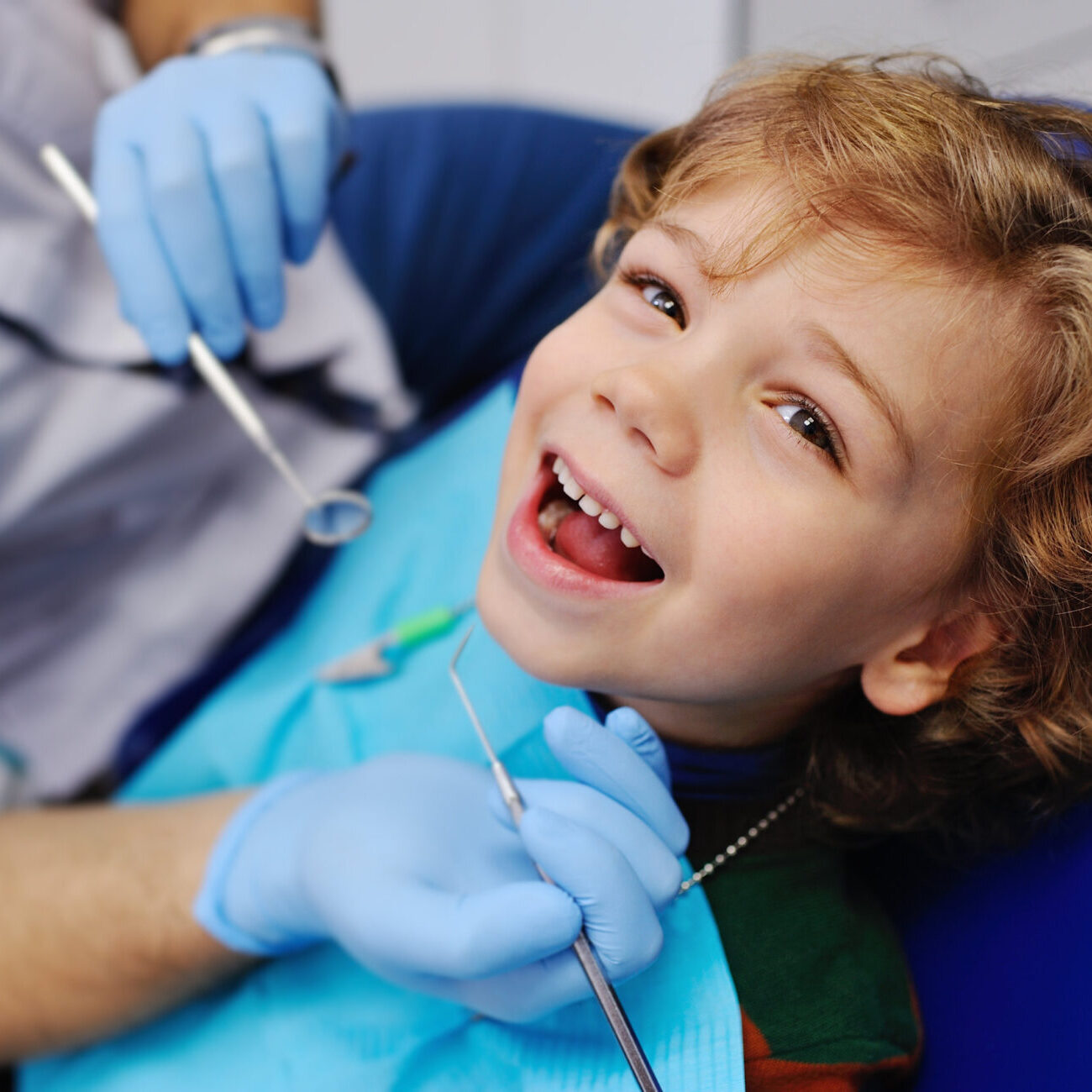
Children’s Dentistry
When should I take my child for their first visit to the dentist? Baby teeth are the foundations for the adult teeth that will follow so it makes good sense to start visiting your dentist once the baby teeth start erupting but no later than 3 years. Often we suggest that little ones come along…
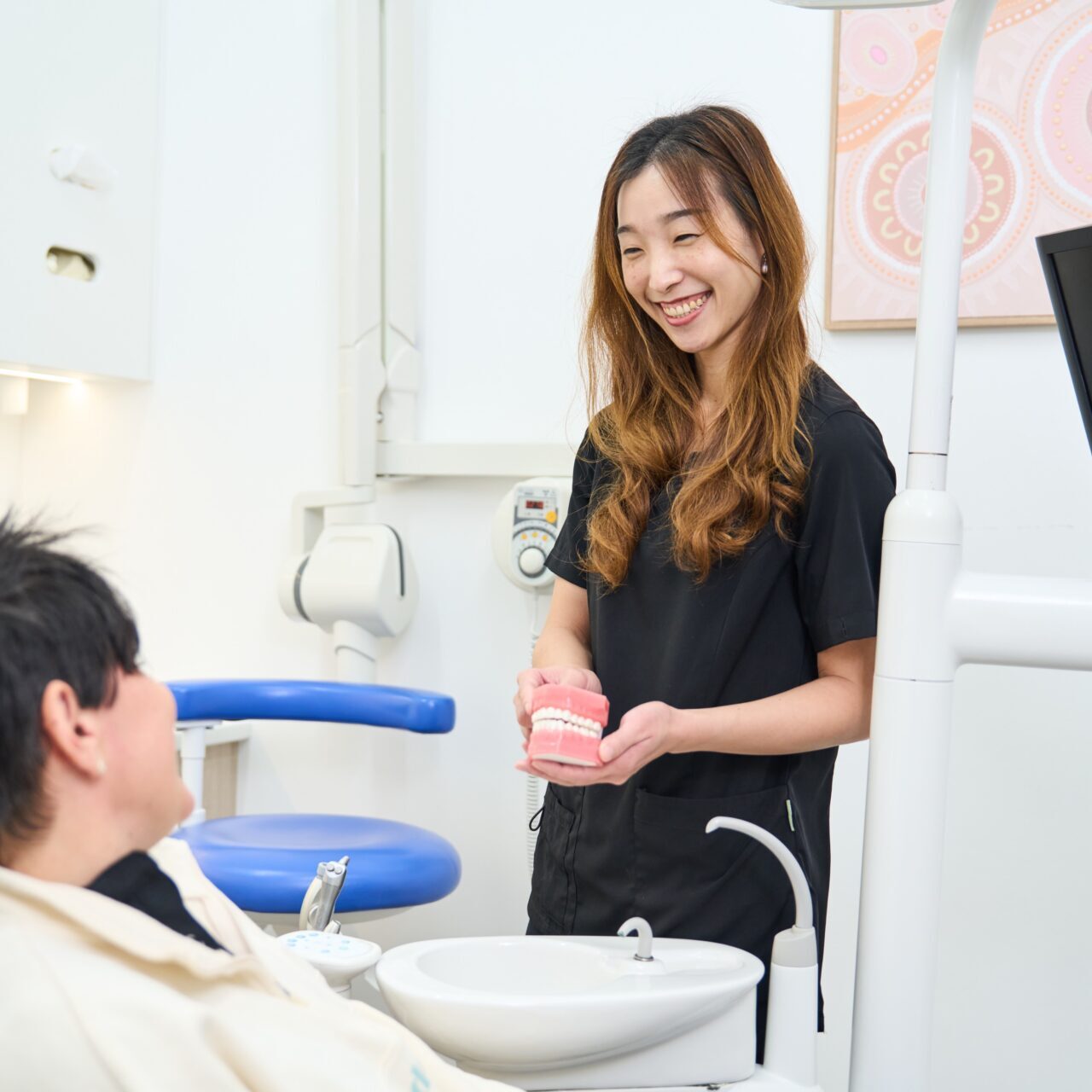
Periodontal Gum Care
Gingivitis Many of you may have experienced bleeding gums while you have been brushing or flossing. This is called gingivitis and is preventable and reversible. Gingivitis is the inflammation of the gums caused by the buildup of plaque and tartar. Commons signs of gingivitis include bleeding, redness, soreness and swelling. Factors that contribute to gingivitis…
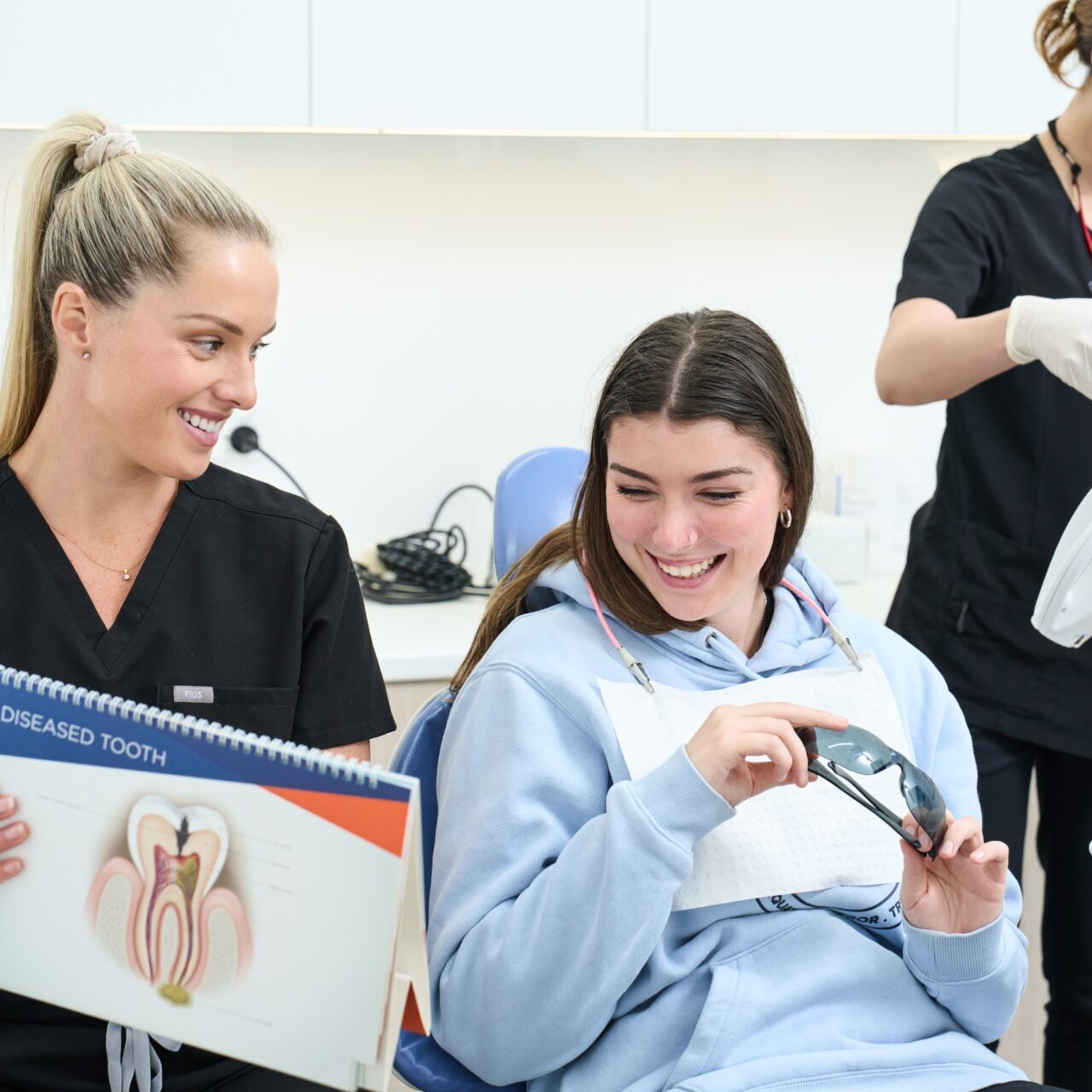
Endodontics (Root Canal Therapy)
What Is Endodontics? Endodontics is the area of dentistry that focuses on diagnosing and treating issues within the dental pulp—the soft tissue inside the tooth. When this pulp becomes infected or inflamed due to decay, trauma, or deep fillings, a root canal procedure is often the most effective way to save the tooth and eliminate…
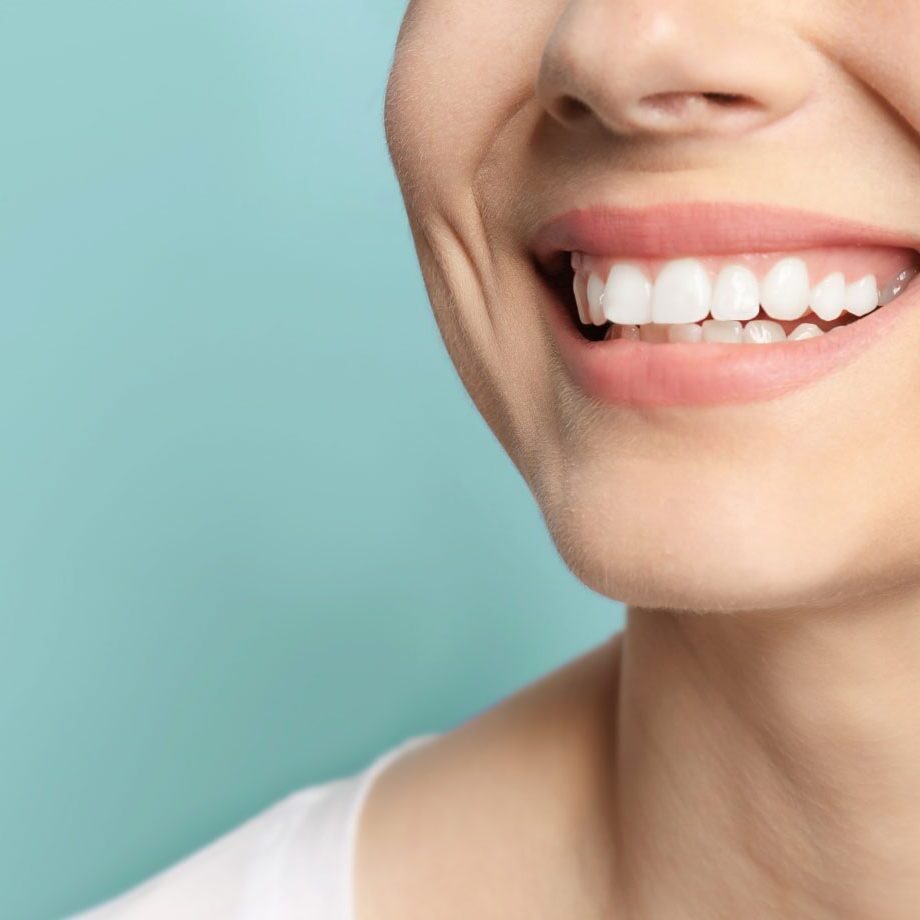
Dental Hygiene
A New, Comfortable Cleaning Technique Here at All About Smiles Ettalong and All About Smiles Kincumber, we are excited to announce the arrival of a revolutionary new product that makes your regular professional dental cleaning more effective and comfortable. This new product is called the EMS Airflow Prophylaxis Master and is changing the way you…
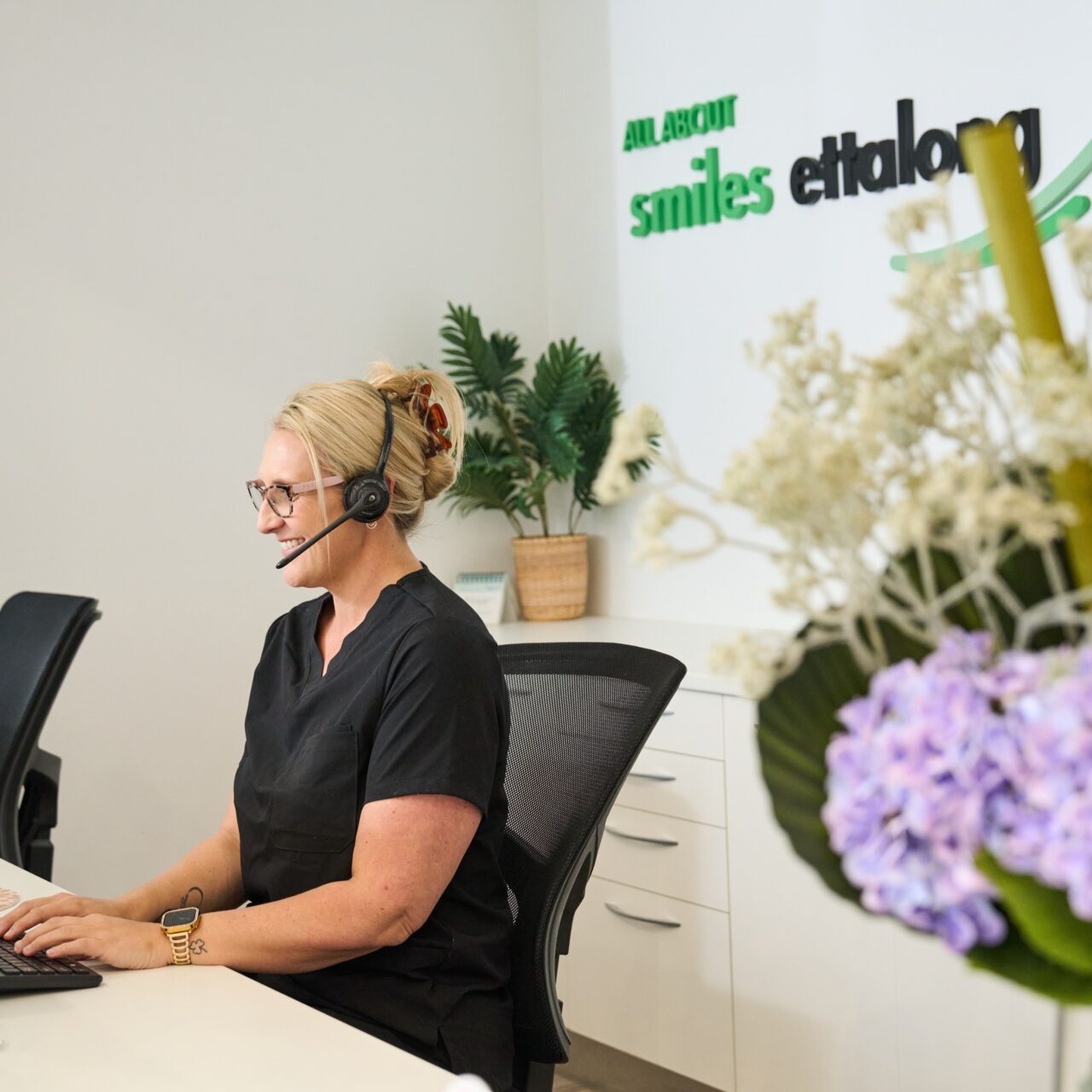
Emergency Dentist
Emergency Dental Treatments Severe Toothache Persistent, throbbing pain may indicate an infection, decay, or damage to the tooth’s nerve. Our emergency dentists can assess the issue, relieve your pain, and recommend the right treatment to restore your tooth. Broken and Chipped Tooth Accidents happen. Whether it’s a sports injury or an unexpected crunch, a chipped…
Check with a Professional
Make sure your teeth are properly cared for by visiting your dentist regularly. Schedule an appointment today by giving us a call.
